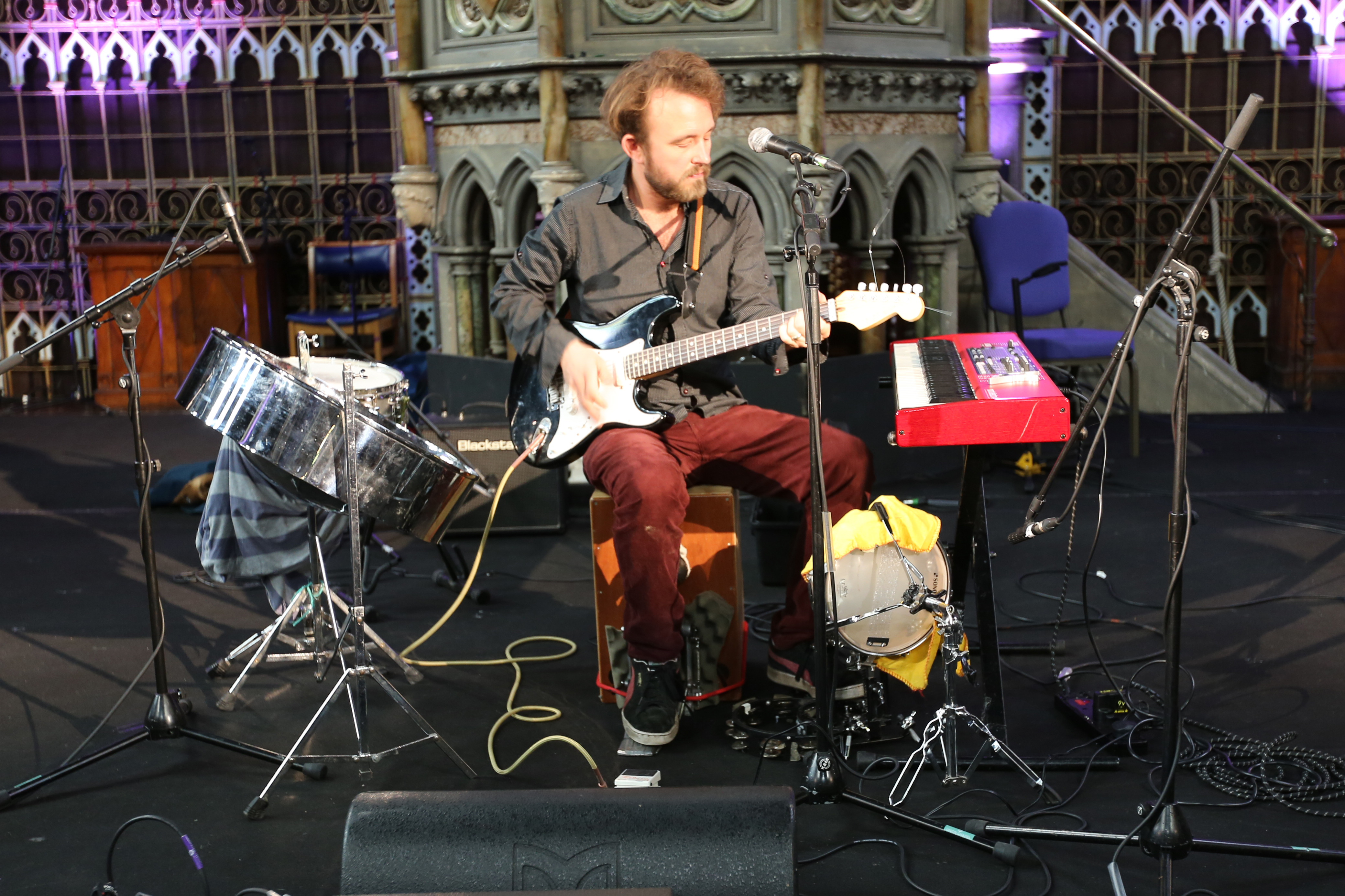Music and poetry aren’t luxuries: they literally saved my life, Sam Walker
Doctors and healthcare professionals need to listen to young people and open up to the health and wellbeing benefits that the arts can bring
I ’ve suffered from severe anxiety and depression since the age of 20. I tried again and again with many approaches to fight back against mental illness: therapy and exercise; cognitive behavioural therapy; medication; trying to be more open with the people closest to me. All of these things helped in different ways but they didn’t completely fix me.
Towards the end of my 20s I couldn’t cope. On numerous occasions I fantasised about taking my own life. I was in a lot of pain but it was a pain that nobody else could see, so it didn’t feel justifiable to me. It didn’t feel like it should have been there.
In my darkest time, I made a decision that I had one last thing to try – and that was to stop hiding. I couldn’t keep up this double life, portraying happiness to everybody. It started with a poem. I found that putting my thoughts and feelings into poetry somehow made them easier to say.
When I’d written poetry previously, I didn’t feel that I could share it as it was still too exposing for me, but this time, as a last attempt, I did something terrifying that later turned out to be absolutely necessary for me. I filmed myself performing the poem and posted it online.
The response I got turned out to be life-changing. It transformed how I saw everything that was happening to me because for the first time I was showing that I wasn’t afraid to talk about it. That was the biggest step I’d taken.
Poetry then turned into music when I realised that these words could be lyrics. That became my next weapon in the battle against depression. When I write a song like Smile All the Time, I’m able to be far more honest than I would be if I was in a general conversation. When I perform as Samantics, I release so much energy that it becomes very cathartic. I’ve experienced huge benefits from both writing and performing.
Since that first video went live, I’ve been contacted by so many people thanking me for saying what they feel yet couldn’t bring themselves to say. That gives me a purpose and makes me feel happy to be me, which is rare. I’ve been told that I’ve helped explain something that somebody didn’t fully understand before. Music has a way of reaching people without being intrusive – I feel that’s especially important when supporting young people through mental illness.
Medication and therapy can be helpful for some but for many young people who are struggling to express themselves and end up bottling their emotions, music and poetry offer hope, something to hold on to, plus a new focus with new methods of release. It’s something that they can keep coming back to as a positive anchor, something that doesn’t trigger worry around potential side effects or cost, and that can be a source of connection and community with other people.
That’s why I believe healthcare professionals, clinicians and commissioners need to listen to young people’s voices when shaping services and open up to the health and wellbeing benefits that the arts can bring. For me, music and poetry haven’t been some kind of nicety or luxury add-on, they literally saved my life. If our health services could embrace the opportunities presented by creative activities like writing, music-making and performing, they could save other people’s lives too.
• Samantics contributed to the all-party parliamentary group on arts, health and wellbeing’s inquiry report, Creative Health, released tomorrow. It recommendsthat arts on prescription in the NHS into their commissioning plans and to redesign care pathways where appropriate. Also, that Healthwatch, the Patients Association and other representative organisations, along with arts and cultural providers, work with patients and service users to advocate the health and wellbeing benefits of arts engagement to health and social care professionals and the wider public
